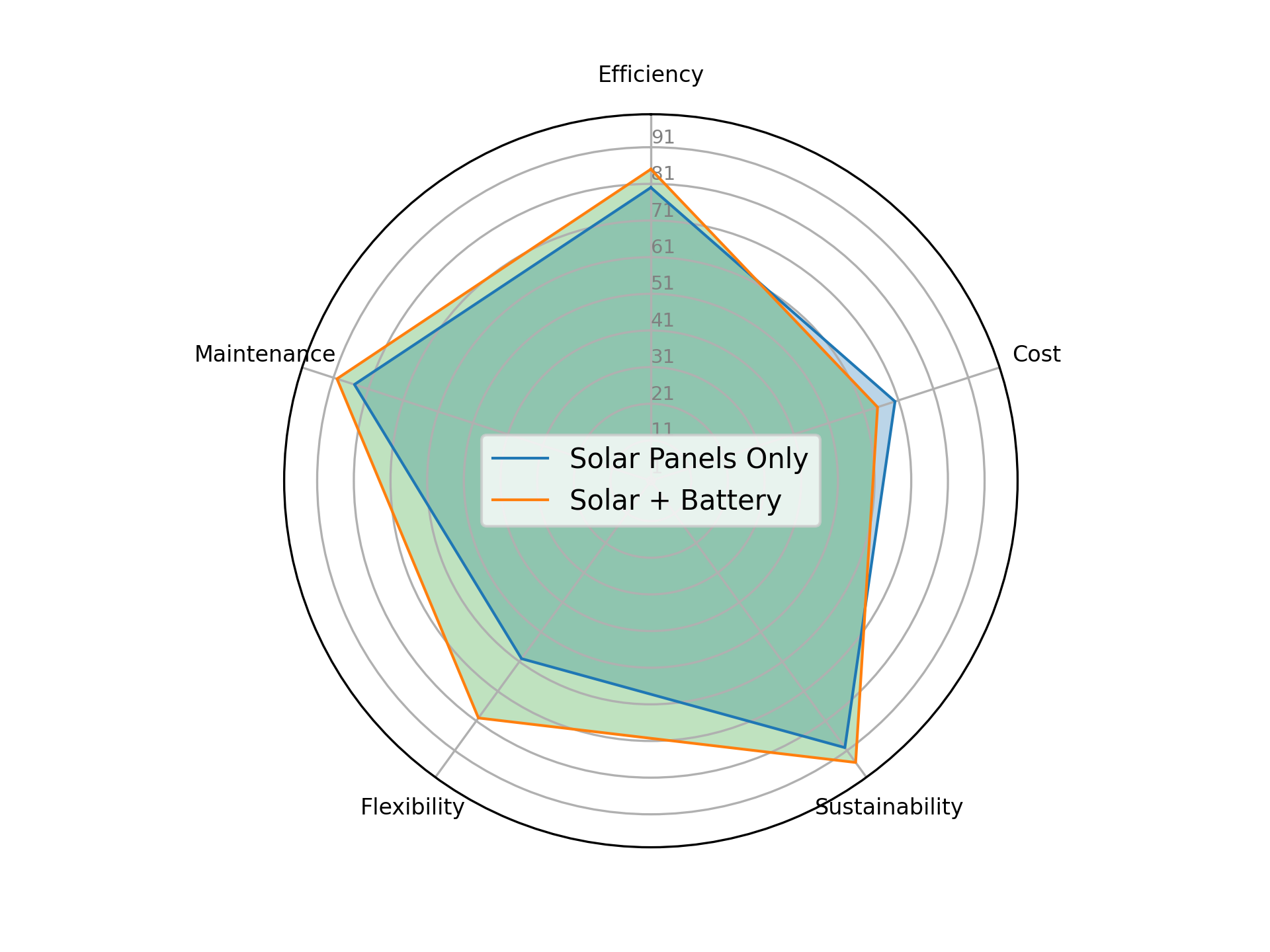Types of Batteries for Solar Power
Solar Power Batteries: Types and Variations
When installing a solar energy system, one of the biggest decisions is choosing the right type of solar battery. While all solar batteries serve the main functions of storing surplus solar energy and providing backup power, the different battery technologies have their own advantages and disadvantages. Here is an overview of the most common types of batteries used for home solar battery storage systems:
Lithium-Ion
Lithium-ion batteries have become the most popular choice for home solar energy storage. Like the lithium-ion batteries used in electric vehicles and consumer electronics, these batteries are lightweight, compact, and provide excellent charge/discharge efficiencies. Major benefits of lithium-ion solar batteries include:
High energy density - Holds a lot of power for the size.
Long lifespan - Can withstand thousands of charge/discharge cycles.
Low self-discharge - Stores energy for longer periods.
Fast charging capabilities.
Requires less maintenance than other battery types.
Lithium-ion batteries do have some downsides. The biggest is the upfront cost, as they are more expensive than alternatives. Extreme hot or cold temperatures can also impact performance. Overall, the pros often outweigh the cons for residential applications.
Lead-Acid
Lead-acid batteries are the tried and true veteran of energy storage. They have been used for decades in traditional gas-powered vehicles. For solar energy systems, advanced lead-acid batteries can provide reliable performance at a more affordable upfront cost compared to lithium-ion. Key advantages include:
Lower purchase price - Great budget option.
Mature technology is reliable and well-tested.
Can withstand a wide temperature range.
Recyclable at the end of life.
The downsides of lead-acid batteries include shorter lifespan, heavier weight, and slower charging. Also, these batteries require more ventilation and maintenance to perform optimally. Lead acid works best for smaller-scale solar installations.
Flow Batteries
Flow battery technology for solar energy storage is an emerging option not yet widely available. Flow batteries work by pumping liquid electrolytes through a stack of electrochemical cells. Benefits of flow batteries include flexible scaling, long lifespan, and minimal degradation over time. They can discharge completely without damage. On the downside, flow batteries have lower energy density than lithium-ion and can be complex to operate. While not yet mainstream for homes, keep an eye on flow batteries as a potential future solar storage method.
When weighing solar battery options for your home, be sure to consider your budget, performance needs, and lifespan goals. The solar professionals at ESS Solar can help select the right battery technology for your specific home energy requirements. Reach out today to learn more about solar batteries.




